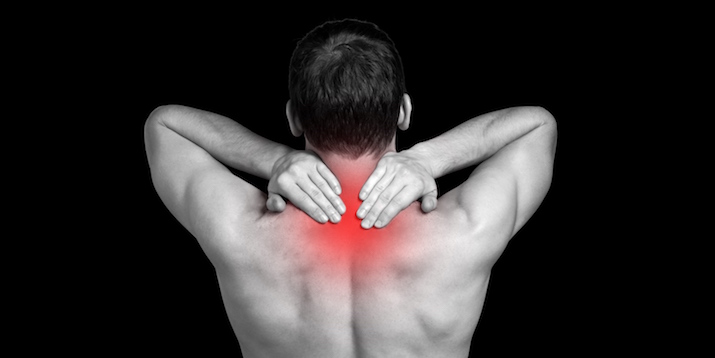
Human movement happens in the sagittal, frontal and transverse planes. Due to effects of modern living and technological advances, most of our daily movements occur predominantly in the sagittal plane.
Sitting at work, typing, and the ever smarter smart phones to name a few, greatly contribute to our activity levels or lack thereof, reducing our functional capacity leading to dysfunction in the soft tissue complex.
When we do decide to move, muscular imbalances, poor neuromuscular control which begins with pattern overload contribute to the cumulative injury cycle.
Let’s take a closer look at this.
The body is a survival mechanism and will initiate self-repair.
The first step in the cumulative injury cycle is soft tissue trauma caused by pattern overload which then leads to inflammation, a protective mechanism that activates the body’s pain receptors. This in turn increases muscular tension or may cause a muscle spam. Increased muscle spindle activity creates a microspasm which then leads to adhesions (knots) in the soft tissue. If left untreated, these adhesions can lead to permanent changes in the structural components in the soft tissue made evident by davies’ law. Decreases in the normal elasticity of the soft tissues can lead to altered length tension relationships, altered force couple relationships and arthrokinetic dysfunction. This can lead to synergistic dominance, altered force couple relationships and altered movement patterns.
In conclusion, it is imperative that fitness professionals, through an integrated fitness assessment, address the components of the cumulative injury cycle.
Improper exercise technique in the absence of kinetic chain dysfunctions can also lead to cumulative injury cycle. A properly designed integrated flexibility program coupled with the appropriate exercise selection and progressions can restore extensibility in the entire normal soft tissue complex and correct muscular imbalances



